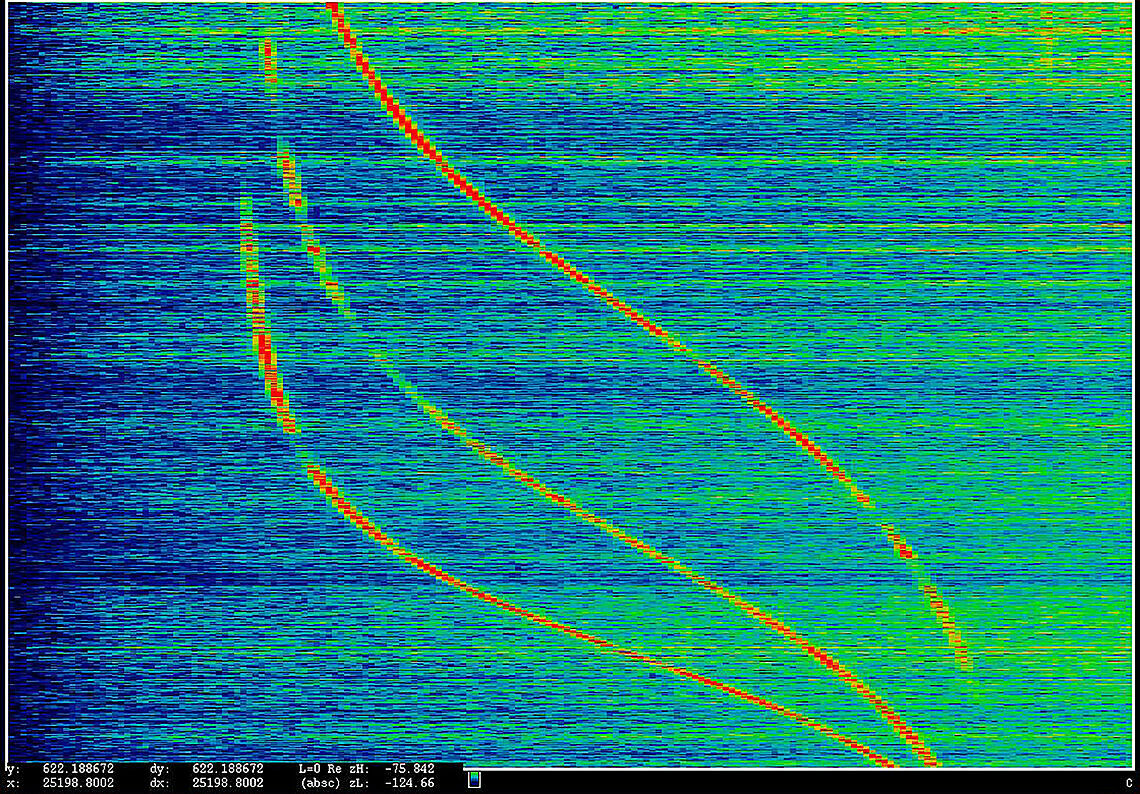Under Surveillance
Discuss surveillance
I actually think everybody has something to hide. And that people who say that they don’t aren’t really confronting the question. If I said, “I want to set up a camera in your bathroom . . .”Right? Or, “I want to set up a camera in your bedroom.” Or, “I want to turn on the camera that’s on your laptop.” Is that OK with you? Is that OK? Say the government says, “We want to turn on all of those cameras that all of us have on our laptops. We’ll have them on so that the government can make sure that we’re all safe.” How do you think people would respond?
—Laura Poitras
http://www.vogue.com/2865709/laura-poitras-edward-snowden-documentary-citzenfour/
Vogue interview with Laura Poitras about her film, Citizenfour, (2014).
One of the main topics of the exhibition is surveillance and the increasing erosion of our personal privacy, which is continually compromised by security checks, surveillance, and the collection of phone conversations by the National Security agency (NSA). Ask your students to discuss Laura Poitras’s quotation above and their own experiences of surveillance.
What types of surveillance are students aware of?
Is there video surveillance at their school?
Where do they notice being watched?
Do students think surveillance is beneficial? Why or why not?
How is our privacy compromised by surveillance?
How much and what types of security do we need to keep us safe?

